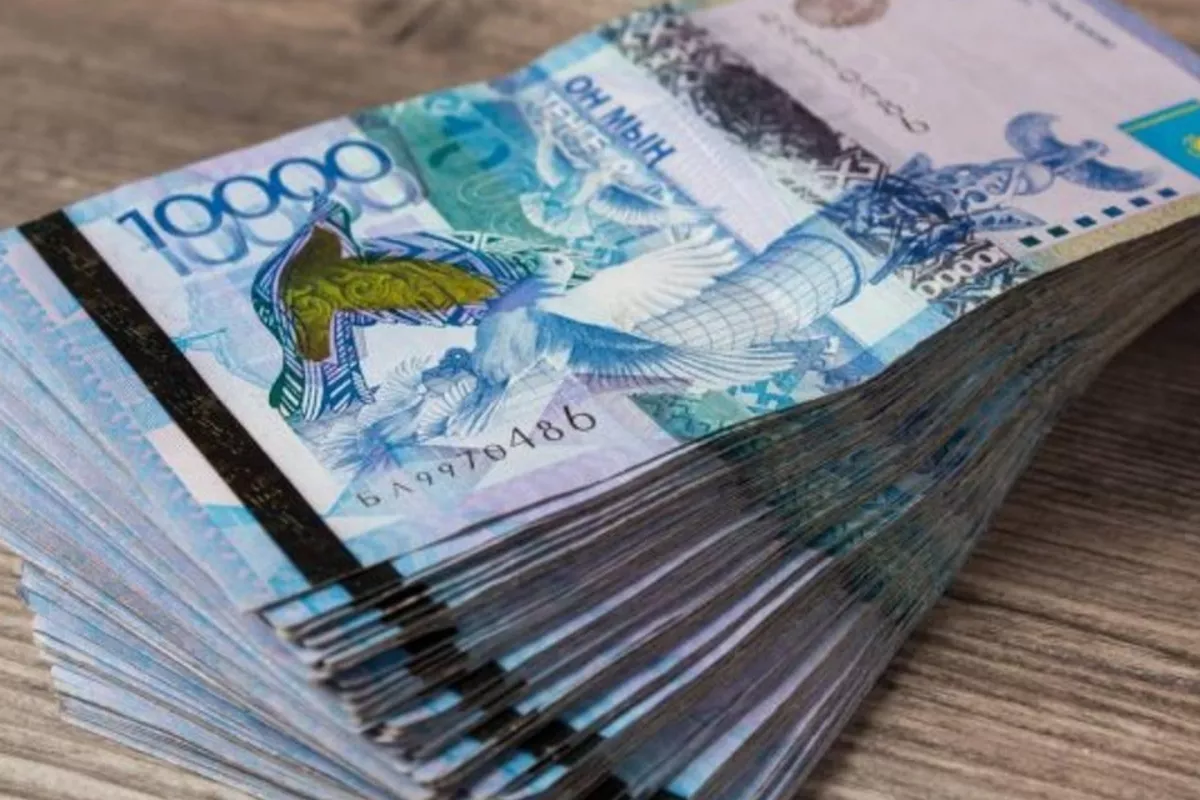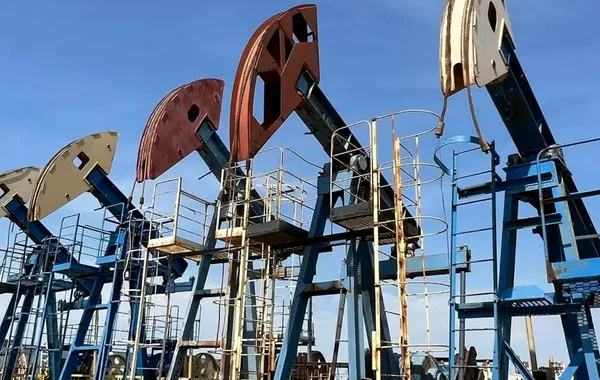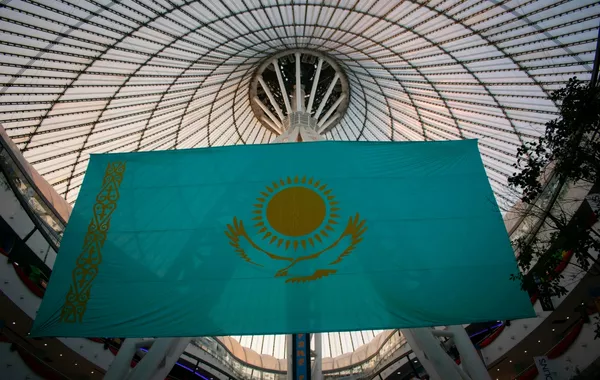
Photo: Kazakh government website
Kazakhstan’s government has announced plans to raise the minimum wage beginning January 1, 2026.
Although the exact figure has not yet been confirmed, Finance Minister Madi Takiev indicated the new minimum wage could exceed 90,000 KZT (approximately $189) per month.
Speaking on the sidelines of a joint meeting of both chambers of the Kazakh parliament, Zhakupova noted that last year her ministry approved a new methodology for calculating the minimum wage. The formula is based on labor productivity, median wages, and inflation. As all these indicators, especially inflation, have risen this year, an adjustment is being prepared.
“Today, several institutions are conducting research to determine accurate indicators of labor productivity and median wages by region and by industry, all of which will inform the new minimum wage,” Zhakupova said. “By the end of the year, we expect to finalize the amount so that the increase can take effect from January 1.”
Finance Minister Takiev echoed this projection, estimating the new figure at approximately 90,000 KZT.
Currently, the minimum wage in Kazakhstan stands at 85,000 KZT ($164). If the forecast is accurate, the planned increase would be the smallest in seven years. For context, the minimum wage rose from 28,200 KZT to 42,500 KZT ($54 to $81) in 2019, to 60,000 KZT ($116) in 2022, and to 70,000 KZT ($135) in 2023. The current level was established in January 2024. Inflation for the first five months of this year reached 11.3%, according to official data.
Earlier, parliamentary deputy Askhat Rakhimzhanov called for revising key social indicators, including the minimum subsistence level, minimum wage, and consumer basket. He argued the subsistence minimum, currently 46,000 KZT ($89), should be raised to at least 115,700 KZT ($223).
Deputy Prime Minister Serik Zhumangarin, who also heads the Ministry of National Economy, agreed that the minimum wage should rise but cautioned against abrupt increases.
“Raising the minimum wage is complex. It must be balanced with efforts to contain inflation, as it leads to higher production costs and stimulates demand, which can further drive inflation,” Zhumangarin said. He acknowledged the sharp rise in prices and admitted he could not live on 85,000 KZT.
According to the National Statistics Bureau, the average monthly nominal wage in Kazakhstan during Q1 2025 was 423,100 KZT ($816), while the median wage stood at 300,300 KZT ($579). Only 6.1% of the working population, or around 170,000 workers, earn less than 100,000 KZT monthly, according to the Applied Economics Research Centre (AERC). The majority, 53%, earn between 150,000 and 350,000 KZT ($290 to $675).
Share on social media

